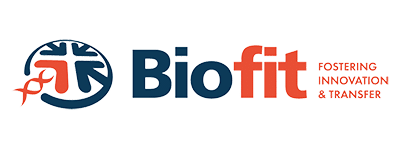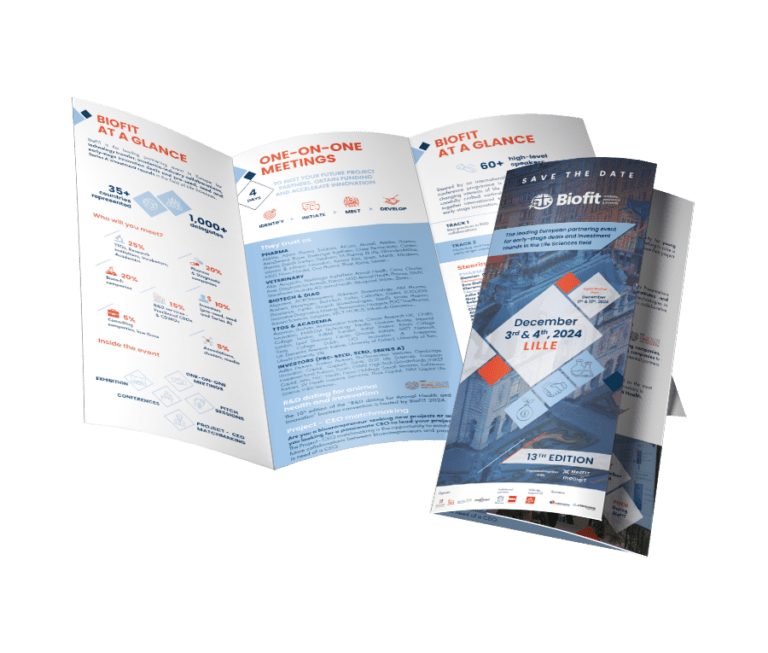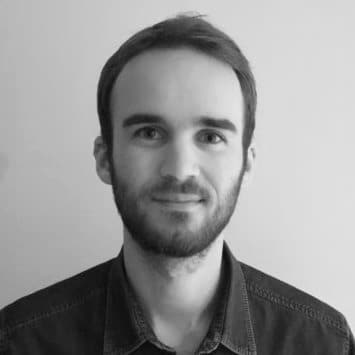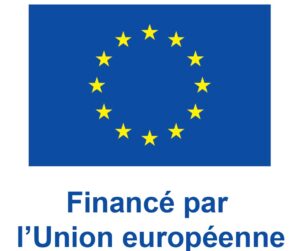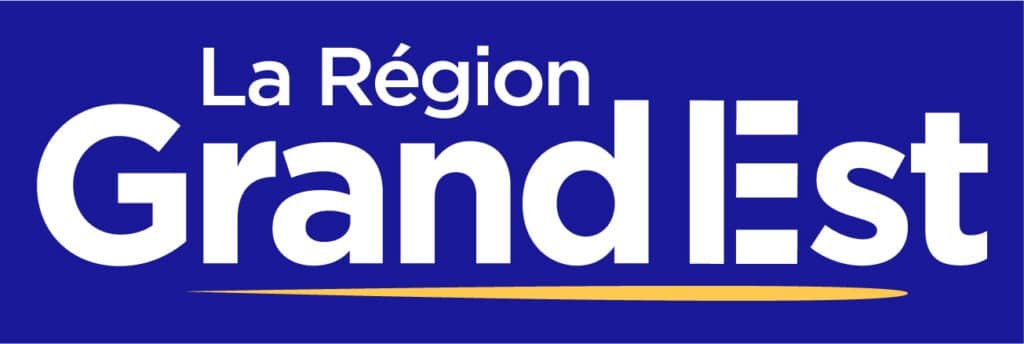What would be your three pieces of advice for early-stage companies looking to access capital?
Entrepreneurs who are looking to raise capital must be very well prepared to meet with VCs.
This means ensuring that the project is already fundable, having a solid presentation and pitching with the right mindset. How can early-stage companies achieve this? The first and most important step is to deliver their project to business and science experts. Companies should ask the experts to be very critical, as sweet talk is not constructive. Multiplying these meetings with the right people will help identify the project’s real strengths but also its weaknesses, which is key. Advance awareness of these axes of progress will make the project much stronger and credible.
Firstly, it will help to assess if the project is ready to be financed. Secondly, it will allow the early-stage company to build a plan to show that these areas for attention can be addressed and therefore, build its credibility. By definition, the interlocutor should never discover these potential issues at the presentation – they should always be disclosed upfront. The presentation must include and disclose all relevant positive and negative data. It is important to build trust, based on total transparency with the audience.
From a VC perspective, what is the place of crowdfunding in the seed capital market?
Crowdfunding is a great source of funding but I don’t think it is adapted to the healthcare sector. Selecting good projects in this particular field requires industry specific expertise. The percentage of failures for non-professionally selected projects is very high as is the size of investment per project.
How can we increase the number of VCs investing at the seed stage?
Seed investment requires a lot of work, expertise and time because we want to put these early stage projects on track for success from the start. However, generally, these projects lack an experienced team at this stage, so VCs have to be more involved and hands on than with more mature projects. For this reason, you cannot just decide to increase the number of VCs investing at the seed stage. It requires a certain organisation that meets these needs. I believe that what we are missing today is a higher number of experienced early stage entrepreneurs with the appropriate drug development expertise that can handle early stage projects. I see this as the major hurdle towards creating an early stage market.
On 30th November, you will discuss “How to create a seed capital market” at BioFIT. This is the focus of your work at Medicxi. In your opinion, why is it crucial to cover this topic?
Creating a seed capital market would help translate the right science into well-developed projects. Consequently, this would increase the number of valuable investments and therefore the number of successes in the EU. This would have a positive domino effect on the European biotech ecosystem.
Which type of investors will be the most important for biotech early stage companies in the next five years? Who is shaping the future of investment in life sciences?
I think the answer to this is any investor with experience in selecting promising science and supporting early stage projects. People expertise, in additional to capital, is the right combination to engage in early stage investment.

